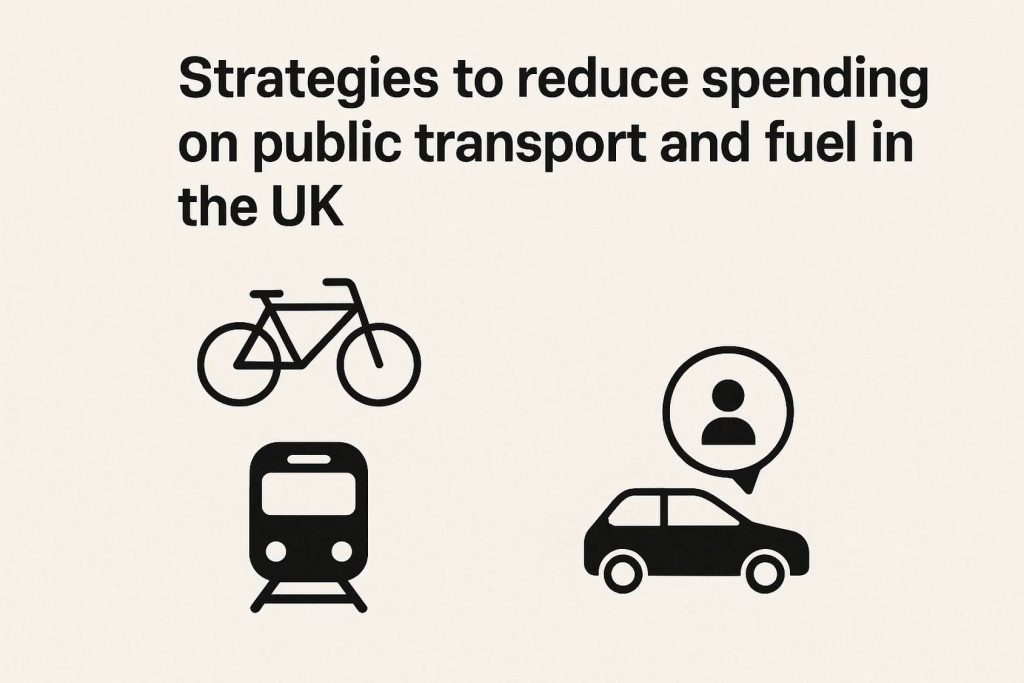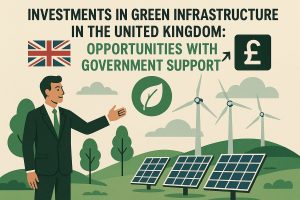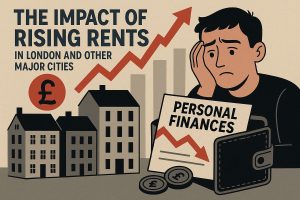In today’s economic climate, households across the United Kingdom are seeking ways to manage their budgets more carefully, and public transport is often one of the largest recurring expenses. Whether it is the daily commute by train, occasional bus journeys, or fuel costs for private vehicles, transport spending can place a considerable burden on personal finances.
Exploring smarter transport solutions allows individuals to strike a balance between convenience, cost efficiency, and sustainability. By making informed choices, people can significantly cut down on unnecessary spending, ease the pressure on household budgets, and adopt practices that contribute to reducing congestion and pollution in British cities.
Making the most of discount schemes

One of the most straightforward ways to reduce transport costs is to take advantage of discount schemes widely available across the UK. Railcards, for example, can offer substantial savings on train tickets, particularly for students, young people, seniors, or families. Even frequent commuters who travel during off-peak times may benefit from tailored schemes that provide consistent reductions on fares.
Beyond rail travel, various regional bus operators also provide their own loyalty programmes or multi-journey passes, which can significantly reduce the cost per trip compared with single fares. Many of these schemes are now accessible through mobile apps, making it easier to monitor usage, top up balances, and keep track of savings.
Embracing active transport
Another effective strategy for reducing reliance on paid transport is to incorporate active modes of travel such as walking and cycling. In many UK towns and cities, cycling infrastructure has been expanded considerably, with designated lanes and safe storage facilities making it a more practical option for daily commutes.
For those who live further from their workplace, combining cycling with public transport can also be an economical solution. By cycling to a nearby train or bus station, individuals can reduce overall ticket prices while avoiding parking fees. Investment in a reliable bicycle may seem like an upfront cost, but over time it eliminates the ongoing expenses of fuel, insurance, and vehicle maintenance, creating a long-term financial advantage.
Reducing fuel consumption through smarter driving
For those who rely on cars, adjusting driving habits can yield noticeable savings on fuel expenditure. Simple practices such as avoiding excessive acceleration, maintaining steady speeds, and reducing unnecessary idling can all contribute to more efficient fuel use.
In addition, planning journeys more effectively can help avoid wasted fuel. Making use of navigation apps to bypass traffic congestion or combining multiple errands into a single trip reduces the number of miles driven each week. Over the course of a year, these small adjustments can translate into substantial savings, especially in areas where petrol prices remain consistently high.
Exploring alternatives like car sharing
An increasingly popular approach to cutting transport costs is participation in car sharing schemes. By sharing journeys with others who are travelling in the same direction, individuals can split the cost of fuel, reduce wear and tear on their vehicles, and even gain access to quicker lanes in certain urban areas.
For those without their own vehicle, modern car hire or car club models offer an alternative that avoids the long-term expenses of ownership. Services like Zipcar provide flexible access to cars for short-term use, which can be a cost-effective option for people who only occasionally need a vehicle.
Long-term shifts towards sustainable options
Looking ahead, many households may find that investing in sustainable transport options offers both financial and environmental benefits. Electric vehicles, though still requiring an initial outlay, are becoming increasingly accessible through government incentives and expanding charging networks. Over time, the lower running costs of electricity compared with petrol or diesel can present a significant saving, especially for frequent drivers.
Similarly, public policy in the UK continues to encourage investment in cleaner, more efficient transport networks. By aligning personal decisions with these broader initiatives, individuals can position themselves to take advantage of emerging cost-saving opportunities.





